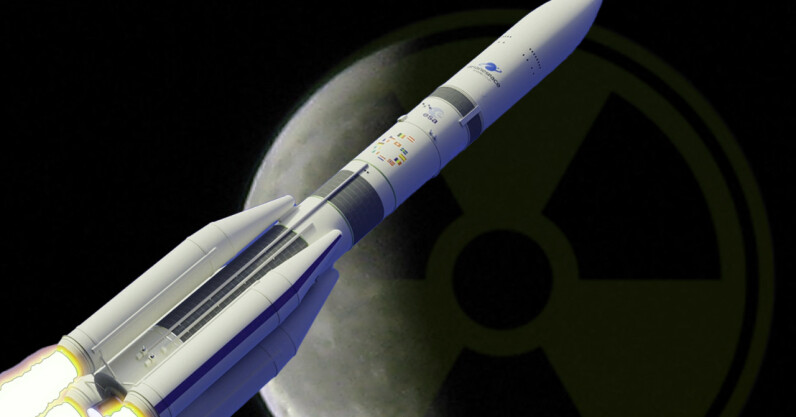
Ministers at the European Space Agency (ESA) recently approved funding for a special project to build nuclear waste-powered batteries for use in space exploration. If successful, the new tech would make it possible to conduct operations in areas where access to solar energy is degraded or absent, such as on the dark side of the moon. Researchers working with the ESA believe they can use americium, a radioactive element derived from plutonium decay, to generate sufficient heat to both warm equipment and generate electricity to power functionality. This would represent the first time americium has been used in this manner,…
This story continues at The Next Web
from The Next Web https://ift.tt/C1QYb2P
Comments
Post a Comment